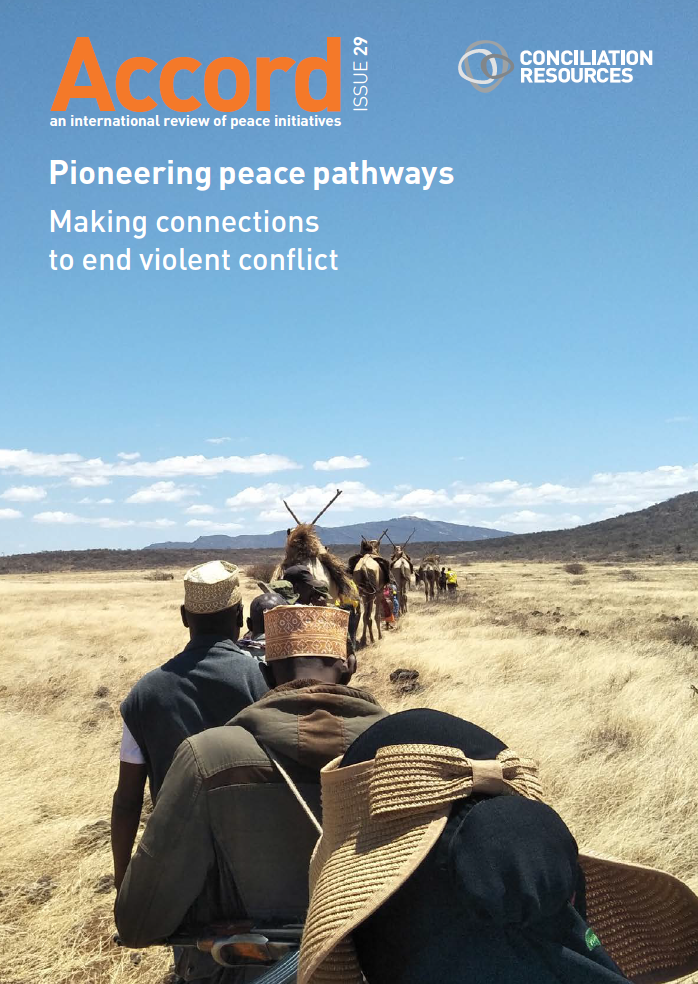For those who might be unfamiliar, what is the concept of peace mediation support?
Peace mediation is a discipline and a sector that has evolved over the last 20 years in particular. It is a mixture of international organizations including the UN, regional organizations such as the European Union and the African Union, international nongovernmental organizations, and what we call pro-peace or pro-mediation states such as Switzerland, Norway and others, who all come together to form a community of practice that works to support peacemaking in different ways.
Peacemaking specifically refers to all the efforts and initiatives that might be undertaken to support conflict parties or warring parties, which are typically governments, militaries, armed groups, to come to some kind of negotiated settlement.
In the last 20 years, we've seen a huge rise of actors in this space, and increasingly we see more private diplomacy and international NGOs in this space. Private diplomacy refers to non-UN or non-state actors who are involved in providing mediation or mediation support. These are organizations that typically are designed to be nimble and agile, so they are very proactive and try to seize opportunities and make opportunities to bring warring parties to the negotiating table.
With that background in mind, can you give us a rundown of some of the primary themes and conclusions that came out of the most recent Accord publication?
The
Accord this time is number 29 in the long running series that
Conciliation Resources, a UK-based international nongovernment peace organization, has produced for the past 25 years. The
Accord is regarded as one of the sector’s leading analytical resources because it brings together perspectives from analysts, practitioners, donors, conflict parties, and civil society in a lively blend of different voices and perspectives.
This
Accord focuses on what we call early or pre-formal peacemaking, which include phases that are often very difficult to pinpoint, quite opaque, and very nebulous. There are many things that are going on behind the scenes that are very discrete and often very confidential. In some contexts, this work is denied because conflict parties are uncomfortable or not ready to be seen talking with each other, and certainly not negotiating with each other.
These early and formal performative phases focus on trying to nurture and create the space, confidence, and trust among conflict parties and other influencers including civil society members, business people, and religious leaders, in order to promote peace and the value of dialogue.
